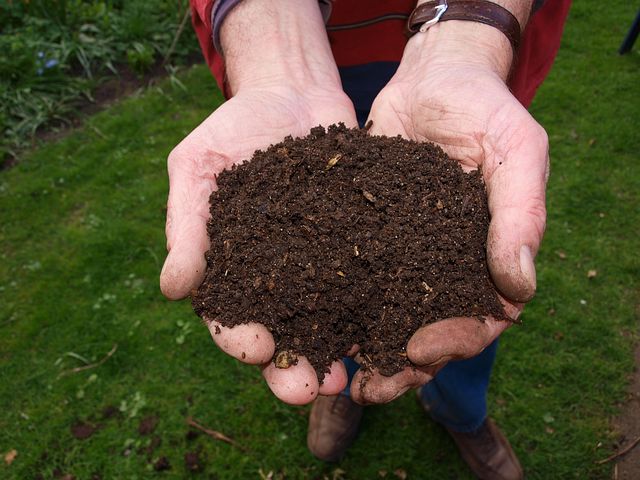HUMAN as a COMPOST
Human composting, also known as natural organic reduction, is a process of transforming the human body into nutrient-rich soil that has emerged as an eco-friendly alternative to traditional burial or cremation.
Process: The process involves washing and dressing the body in a biodegradable gown, placing it in a closed vessel along with selected materials, and leaving it to decompose for 30 days with the addition of oxygen to speed up the process.
Advantages: The resulting soil can be used for gardening or spread in designated memorial grounds or forest conservation areas. Human composting costs around $5,500, and is much less energy-intensive than cremation.
Opposition:
The Catholic Church has been the biggest opponent of the process, calling it an “unfortunate spiritual, emotional, and psychological distancing from the deceased.”
Usage:
The example can be cited as an alternative way of lifestyle (even after death) which promotes environmental sustainability




.jpg)
.jpg)
.jpg)
.jpg)
.jpg)



.jpg)
.jpg)
